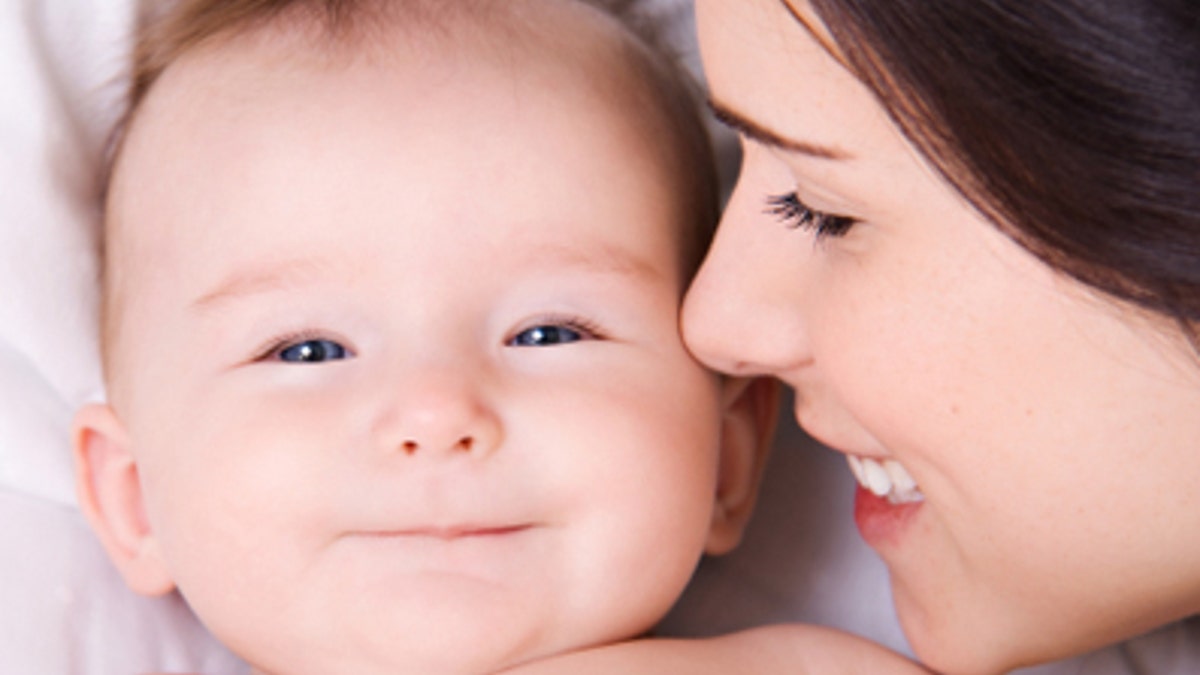
There is no need to worry about harming your toddler's intellectual or social development if bed-sharing works for your family, researchers say.
At least not after the baby has turned one -- the age where sudden infant death syndrome is no longer considered a risk.
"Parents can do what works best for their family and not feel guilty if they choose to bed-share, because there probably aren't lasting impacts," said Lauren Hale of Stony Brook University School of Medicine in New York, who led the study.
Experts say bed-sharing is not very common in the U.S., and the American Academy of Pediatrics (AAP) recommends against it until babies are at least one year old.
The main worry with small babies is sudden infant death syndrome, or SIDS, which killed nearly 2,300 children in 2008, according Dr. Fern Hauck of the AAP.
"When they are smaller the concerns are greater for suffocation or for SIDS, and that is why the AAP recommends against bed-sharing," Hauck, who was not involved in the new work, told Reuters Health.
But there hasn't been much research into the health or psychological effects of bed-sharing after age one.
To investigate, Hale and her colleagues tapped into data on 944 poor U.S. mothers, who reported whether they shared their bed with their toddlers at ages one, two and three.
Almost half the mothers said they had shared their bed at some point, with Hispanic and black women doing so more often than whites.
When the kids' behavior and intellectual development were tested at age five, initially those who slept with their moms appeared to be worse off than the rest.
But that didn't hold up, once the researchers had accounted for other characteristics of the mothers and children.
"It's just reassuring to know that it doesn't appear to be dangerous" in terms of the psychological impact, Hauck said.
Still, she said, "we have concerns about children up to two to three years because there have been deaths occurring in that age group."
And the new study did not test whether bed-shared caused people to wake up more often during the night, which some researchers have found, according to Hale.
She said a couple of earlier studies had come to the same conclusion as the new work, but they included fewer minority women and could have missed important effects.
"Thankfully the results were consistent," Hale told Reuters Health.
